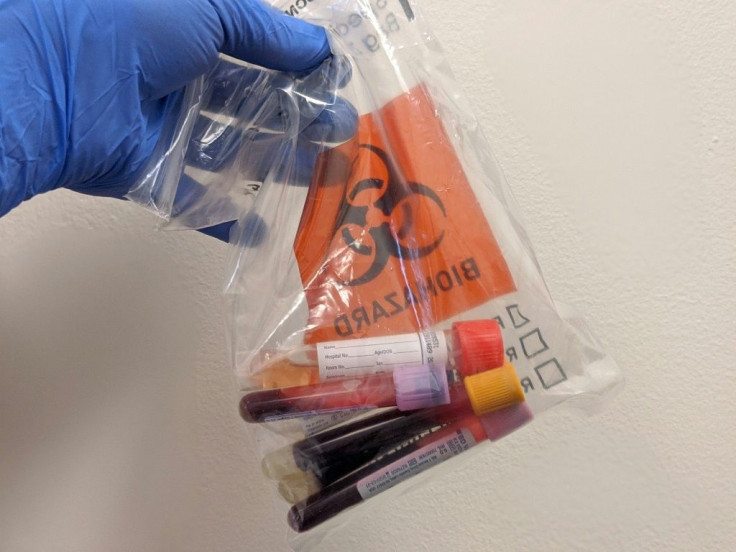FDA Fires 2 After Blood Plasma PR Disaster Mars Agency

Just days after the Food and Drug Administration was criticized for giving emergency use authorization for blood plasma to treat COVID-19, two senior public relations experts that advise the agency have been fired, the New York Times reported.
Chief spokeswoman for the FDA, Emily Miller, was removed by the agency’s commissioner Dr. Stephen Hahn on Friday, just 11 days after she started the position, the Times noted. The FDA website says Miller worked as Communications Director for the re-election campaign of Sen. Ted Cruz and as a journalist for the right-leaning cable network One America News.
Also terminated was Wayne L. Pines, a public relations consultant for the Department of Health and Human Services, the parent agency of the FDA. According to reports, Pines advised Dr. Hahn to apologize for comments that were misleading about the benefits of using blood plasma to treat COVID-19.
Pines told the Times that he did recommend that Hahn “correct the record,” adding that “if a federal official doesn’t say something right, and chooses to clarify and say that the criticism is justified, that’s refreshing.”
Brian Harrison, HHS’ chief of staff told the Times that the termination of Pines’ contract was "100 percent coincidence. HHS has been reviewing and canceling similar contracts, so I had it sent to our lawyers, who recommended termination. This was routine.”
The FDA came under fire for approving blood plasma after concern was expressed by several medical experts on its effectiveness to treat COVID-19. Medical experts have said that more data is needed to understand blood plasma, and the study that the treatment was authorized under included only a small group of 100 participants.
© Copyright IBTimes 2025. All rights reserved.





















